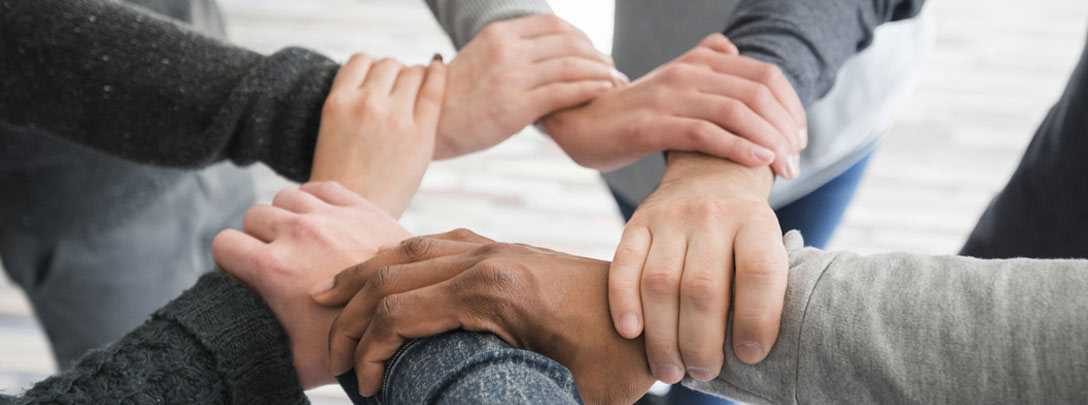The dramatic spread of COVID-19 disrupted lives, livelihoods, communities and businesses worldwide. It showcased to us how, today, truly we are a connected society. India’s response to COVID-19 was swift, with the country going into lockdown in the third week of March, with a relatively low number of COVID positive cases. The lockdown meant a near-complete restriction on the movement of people, the closure of all establishments except those providing “essential services”, and the regular “sealing” of neighbourhoods and areas that are suspected to be COVID-19 hotspots. Several corporates immediately responded to the crisis by shifting their factories to produce what was needed by the frontline Corona warriors, especially the healthcare workers. Corporate CSR teams mobilized resources to provide much-needed food ration and emergency income support for daily wage earners who had lost their livelihood as a result of businesses having to close. This was our first line of defence, our attempt to bring relief to those impacted by the pandemic. This is an unprecedented crisis and while corporates and civil society responded in the best way possible, it still wasn’t enough.
The COVID-19 outbreak affects all segments of the population, but the health and economic impacts of the pandemic are being borne disproportionately by the poorest. A case in point is that of the migrant labourers, wherein we are witnesses to heart-breaking images of pregnant women, elderly men & women carrying their children on their shoulders and backs as they walk on foot to reach their villages, never mind that their homes are hundreds of kilometres away. This is a better alternative to being confined in a small shanty with shared unhygienic toilets, increasing their risk of being exposed to the virus.
This pandemic has magnified inequalities and is no longer restricted to just a health crisis as it morphs into a social crisis. Amongst the most vulnerable are women and children. Quarantine measures imposed as a response to the COVID-19 pandemic have led to a heightened risk of violence for them in their own homes, as they are cut off from essential protection services and social networks. The economic burdens faced by families due to the outbreak can put girls at greater risk of exploitation, child labour and gender-based violence. Global lockdowns imply lock downs on girls’ autonomy, reinforcing the discriminatory attitudes and practices that regard girls as second-class citizens and hold them back.
Read the full article here.
You can also share your thoughts in the Comments section below!




